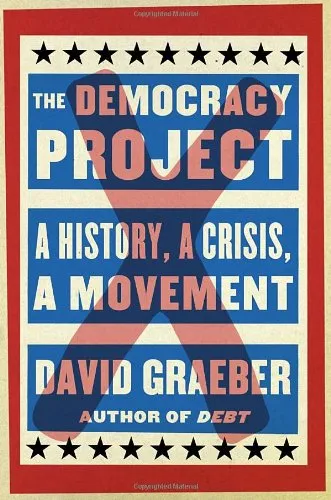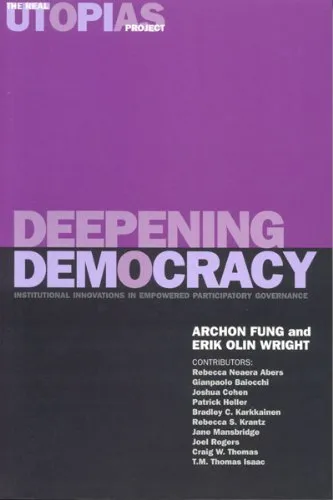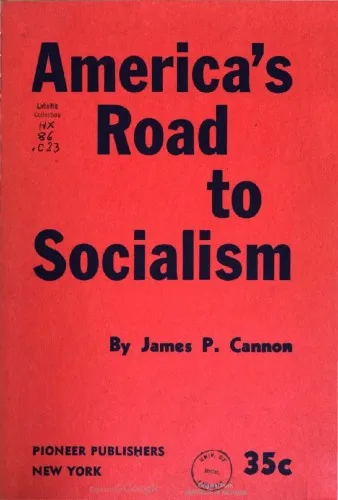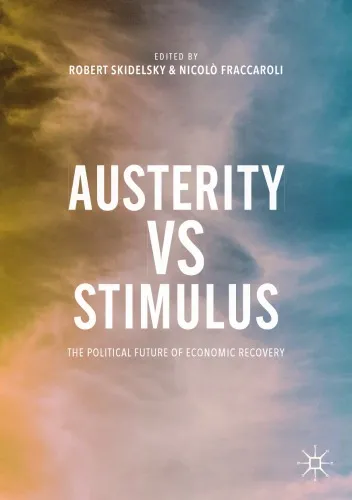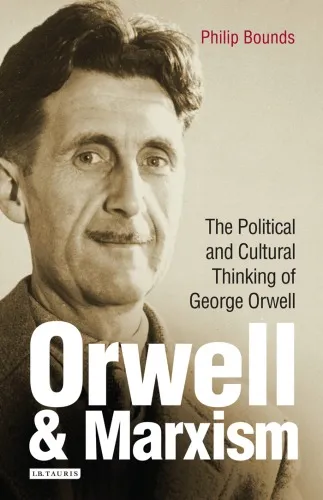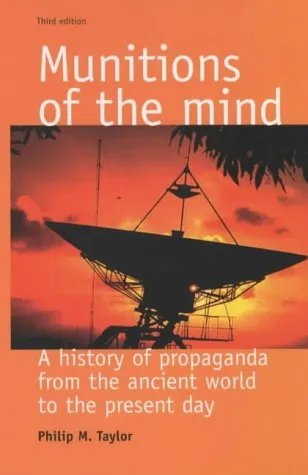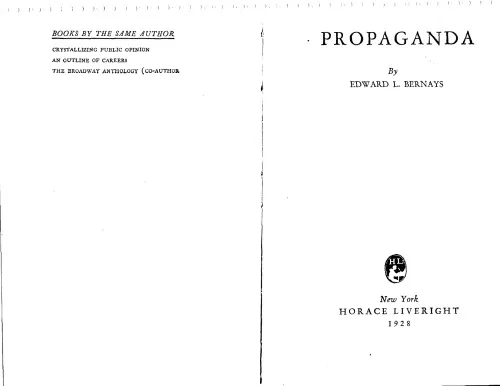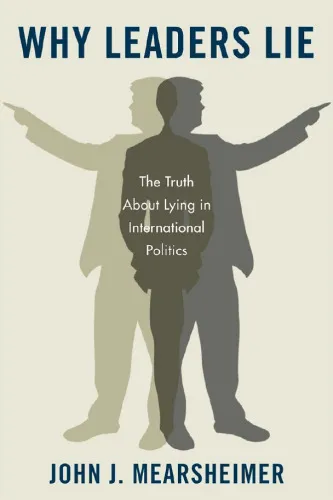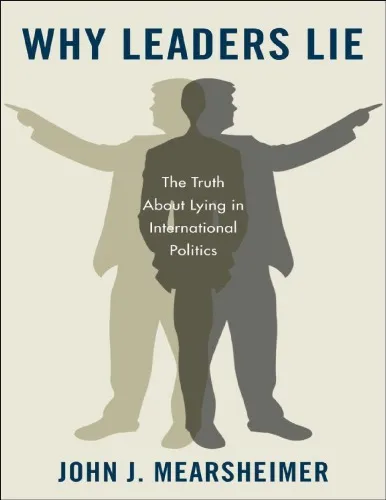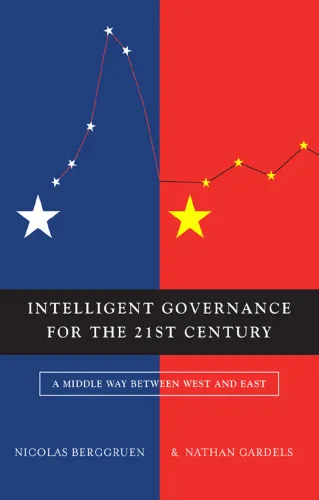The Democracy Project: A History, a Crisis, a Movement
4.3
Reviews from our users

You Can Ask your questions from this book's AI after Login
Each download or ask from book AI costs 2 points. To earn more free points, please visit the Points Guide Page and complete some valuable actions.Related Refrences:
Welcome to an exploration of democracy through the lens of acclaimed anthropologist and activist David Graeber. In "The Democracy Project: A History, a Crisis, a Movement," Graeber undertakes a deep investigation into the nature and practice of democracy, examining its roots, current challenges, and the potential pathways it might take. This book resonates as both a history lesson and an urgent call to action, analyzing the Occupy Wall Street movement and its implications for future democratic endeavors.
Detailed Summary of the Book
"The Democracy Project" begins with a vivid recounting of the Occupy Wall Street movement, highlighting its ability to bring societal grievances to the forefront and its critique of the limitations inherent in contemporary democratic systems. Graeber, who played a pivotal role in the movement, provides insider insights on how it unfolded, demonstrating Occupy's potential as a genuine democratizing force that challenged existing power structures.
Graeber delves into the historical foundations of democracy, tracing its origins and evolution over centuries. He contrasts early democratic practices with modern-day implementations, critiquing how contemporary democracies often fail to live up to the ideals they were founded upon—freedom, equality, and participatory governance. According to Graeber, many structures deemed democratic are, in reality, deeply intertwined with oligarchic interests. The book unravels the complexity behind this assertion, exploring how power is concentrated and disenfranchisement occurs on systemic levels.
Throughout the narrative, Graeber offers a critique of economic systems that fuel inequality and considers the role of direct action and civil disobedience in social change. The book does not merely diagnose ailments but also suggests how new forms of social organization might emerge from grassroot movements, envisioning a future where participatory democracy could thrive.
Key Takeaways
- The nature of democracy is deeply contested and complex, requiring continuous re-evaluation and renewal.
- The Occupy movement exemplifies potential pathways toward realizing more authentic forms of democratic engagement.
- Current democratic systems are often underpinned by unequal power relations that need addressing to ensure true participation and representation.
- Direct action and civil disobedience have historic precedence as powerful tools for social change and democratic advancement.
- An equitable society requires rethinking and potentially restructuring the bonds between capitalism and democracy.
Famous Quotes from the Book
"The ultimate hidden truth of the world is that it is something we make and could just as easily make differently."
"In a world where the acquisition of wealth is seen as the ultimate goal, those with wealth are seen as the only ones with right to determine how the world should be structured."
"For a truly democratic system, that is, one where everyone really has an equal say and an equal share of wealth, political struggle must focus first and foremost on social inequality."
Why This Book Matters
"The Democracy Project" is a critical resource for anyone questioning the status quo of political power and governance. Graeber's book provides an important framework to understand the mechanisms through which democracy can be revitalized. As societies globally grapple with crises of representation, economic disparity, and the failures of institutional frameworks, Graeber offers a hopeful perspective that change is possible through collective action and grassroots democracy.
Furthermore, the book captures the zeitgeist of its time, emphasizing how moments of apparent disorder, like Occupy Wall Street, can give rise to meaningful dialogues on the future of democratic societies. It is a crucial read for those interested in political theory, social movements, or anyone who desires a more equitable society.
Free Direct Download
You Can Download this book after Login
Accessing books through legal platforms and public libraries not only supports the rights of authors and publishers but also contributes to the sustainability of reading culture. Before downloading, please take a moment to consider these options.
Find this book on other platforms:
WorldCat helps you find books in libraries worldwide.
See ratings, reviews, and discussions on Goodreads.
Find and buy rare or used books on AbeBooks.
1451
بازدید4.3
امتیاز0
نظر98%
رضایتReviews:
4.3
Based on 0 users review
Questions & Answers
Ask questions about this book or help others by answering
No questions yet. Be the first to ask!
